
How Cold-Water Swimming Boosts Mood, Reduces Stress, and Enhances Mental Wellbeing
Cold‑water swimming is increasingly being recognized as a powerful, natural therapy for mental health. A growing number of scientific studies suggest that regular exposure to cold water can substantially alleviate symptoms of depression and anxiety — in some cases, appearing to rival antidepressant medications. When the body plunges into cold water, the sudden drop in temperature triggers a robust physiological response: the release of mood-enhancing neurotransmitters and hormones such as endorphins, dopamine, and noradrenaline — all of which work together to elevate mood and sharpen mental clarity.
Those who practice cold‑water swimming regularly often report marked improvements in several aspects of wellbeing: better sleep, reduced stress levels, and a stronger sense of emotional stability. The cold exposure may also help reduce inflammation in the brain, improve blood circulation, and even boost immune function. Because of a growing body of evidence supporting these effects, mental health programs across Europe — and beyond — are beginning to explore cold‑water therapy as a drug‑free alternative or complement to conventional treatment for depression. In effect, the practice underscores a powerful truth: nature may sometimes provide the most profound healing tools.
Scientific Evidence Backing the Benefits
Scientific interest in cold‑water immersion (CWI) has surged in recent years. In a controlled study involving 33 healthy adults, a five‑minute whole‑body immersion in ~20 °C water led participants to report feeling more alert, attentive, proud, inspired — and significantly less distressed or nervous — immediately afterward. Brain imaging in the same study revealed increased functional connectivity among regions associated with attention control, emotion regulation, and self-awareness, suggesting a neural basis for the improved mood.
Another study, focused on people who practiced cold‑water swimming regularly (so-called “winter swimmers”), observed sustained mood improvements: subjects showed lower scores on depression‑dejection scales and higher levels of vigor compared with non-swimmers. Effects were often noticeable even after a single immersion, and could persist for as long as 24 hours.
Moreover, a recent survey conducted by researchers at University College London (UCL), involving over 1,100 women, found that cold‑water swimming was associated with meaningful reductions in anxiety (reported by nearly half), mood swings, low mood, and even menopausal symptoms.
A narrative review of winter swimming and cold‑water immersion research concluded that the practice can have a positive effect on the psyche — including anti‑depressive outcomes — especially when practiced regularly over time.
Why Cold Water Has This Effect: Biological Mechanisms
The benefits of cold‑water immersion stem from a cascade of biological responses: when skin temperature drops sharply, cold-sensitive receptors are stimulated, triggering a “cold shock” reaction. The nervous system responds by releasing a surge of catecholamines (like noradrenaline and adrenaline), β‑endorphins, and other stress-related hormones. Over time, repeated exposure seems to recalibrate how the body handles stress — leading not just to immediate feelings of euphoria and alertness, but to increased resilience against chronic stress and mood disturbances.
Some studies also suggest that cold immersion may reduce inflammation and promote neurobiological changes that benefit brain health — possibly improving neuroplasticity, circulation, and overall brain function.
Practical Outcomes: Sleep, Stress, and Emotional Balance
In addition to mood enhancement, many cold-water swimmers report better sleep quality, lower stress levels, and a stronger sense of emotional balance. In one feasibility study of cold‑water swimming in patients diagnosed with depression, participants engaged in two weekly sessions of open‑water cold swims over a season. Over time, they showed improved mental wellbeing scores and better sleep quality.
Furthermore, the combination of social connection (many open‑water swimmers participate in groups), physical exercise, and immersion in natural environments may amplify the psychological benefits. Some proponents argue that the social aspect and sense of shared challenge are as important as the cold itself.
A Word of Caution — and Hopeful Potential
Despite promising findings, the scientific community remains cautious. Several reviews note that existing studies are often small in scale, use different water temperatures and protocols, and rely heavily on self-reported outcomes. That said, growing evidence supports the idea that cold water immersion can be a safe, low-cost, and widely accessible complementary approach for improving mental health — if practiced carefully and responsibly.
Indeed, for people seeking drug‑free ways to support mental wellness, cold-water swimming or immersion could offer a surprisingly effective path. While it is not a magic cure, it can serve as a potent catalyst: a natural reset button for the mind, body, and spirit.
News in the same category


PP405: A Promising New Drug That Could Revolutionize Hair Loss Treatment by Reactivating Dormant Hair Follicles

Astronomers Capture Groundbreaking Image of New Solar System Formation

Denmark's 'Rolling Grocer' Initiative Brings Fresh Food and Community Connection to Rural Seniors

Mosquitoes Discovered in Iceland for the First Time: A Warning of Climate Change Effects

Denis Vashurin: The Man Who Appears as a Teenager Despite Being in His 40s

M.K. Prakasan: The Teacher Who Swims 12 km Daily to Educate Students in Kerala

Belgian Prodigy Laurent Simons Earns PhD in Quantum Physics at Just 15 Years Old

Revolutionary Cancer Treatment: Activating Immune Structures Within Tumors to Shrink Cancer and Prevent Relapse
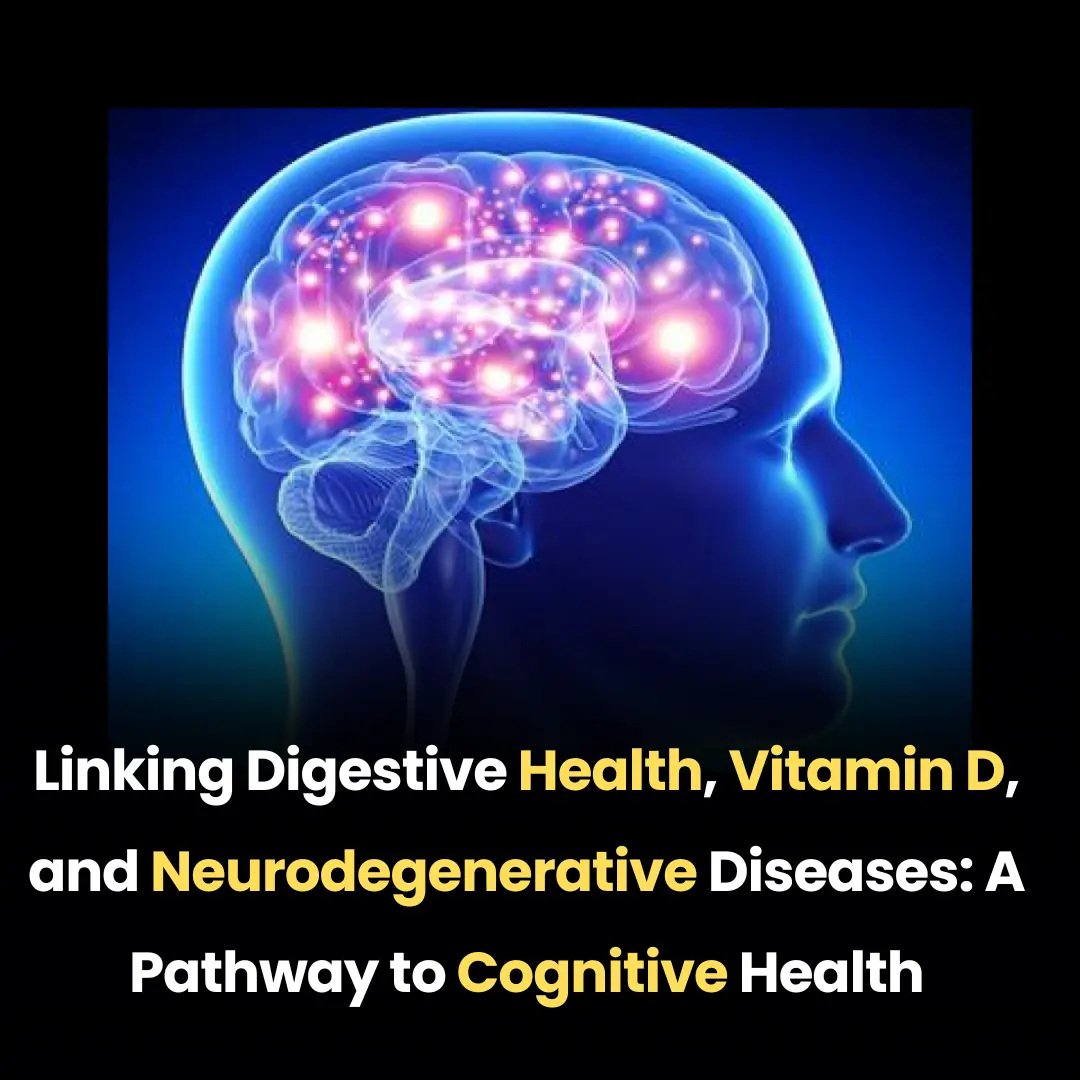
Linking Digestive Health, Vitamin D, and Neurodegenerative Diseases: A Pathway to Cognitive Health
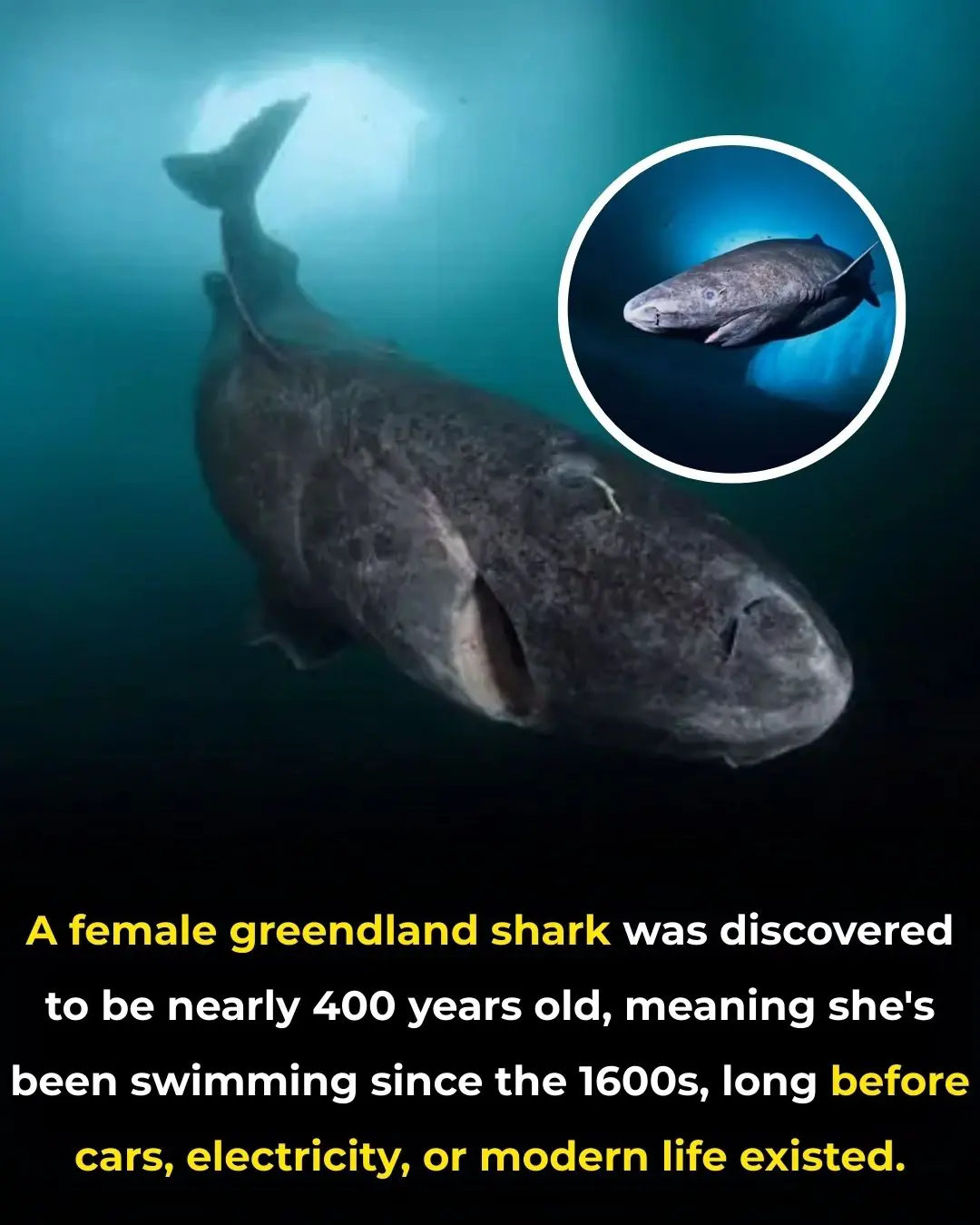
The 400-Year-Old Greenland Shark: A Living Witness to Centuries

The Hidden Dangers of Long-Term Energy Drink Consumption

Frozen Time Capsule: Scientists Reveal Ancient Antarctic Landscape
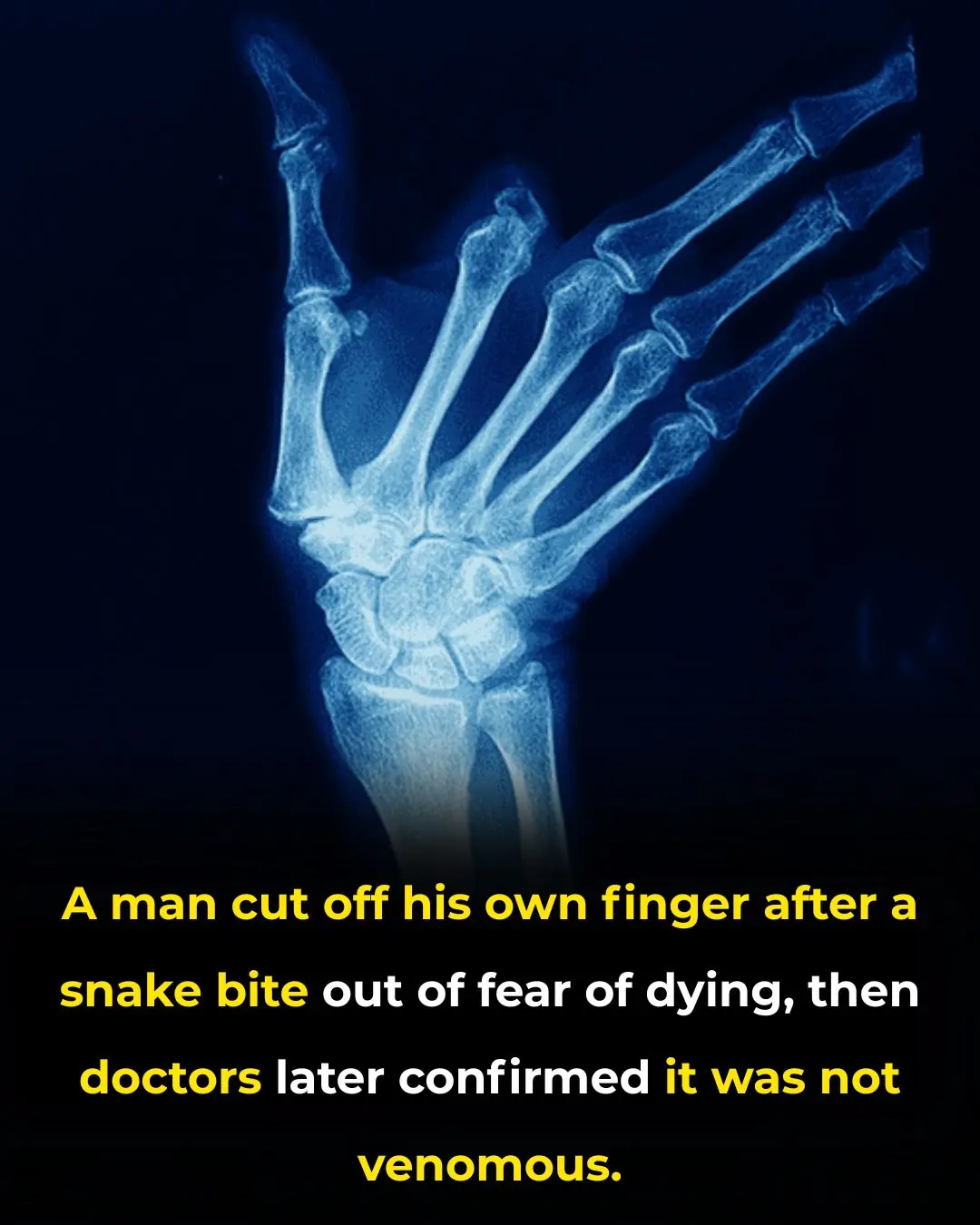
Snakebite Panic Leads Farmer to Sever Finger, Doctors Confirm No Danger
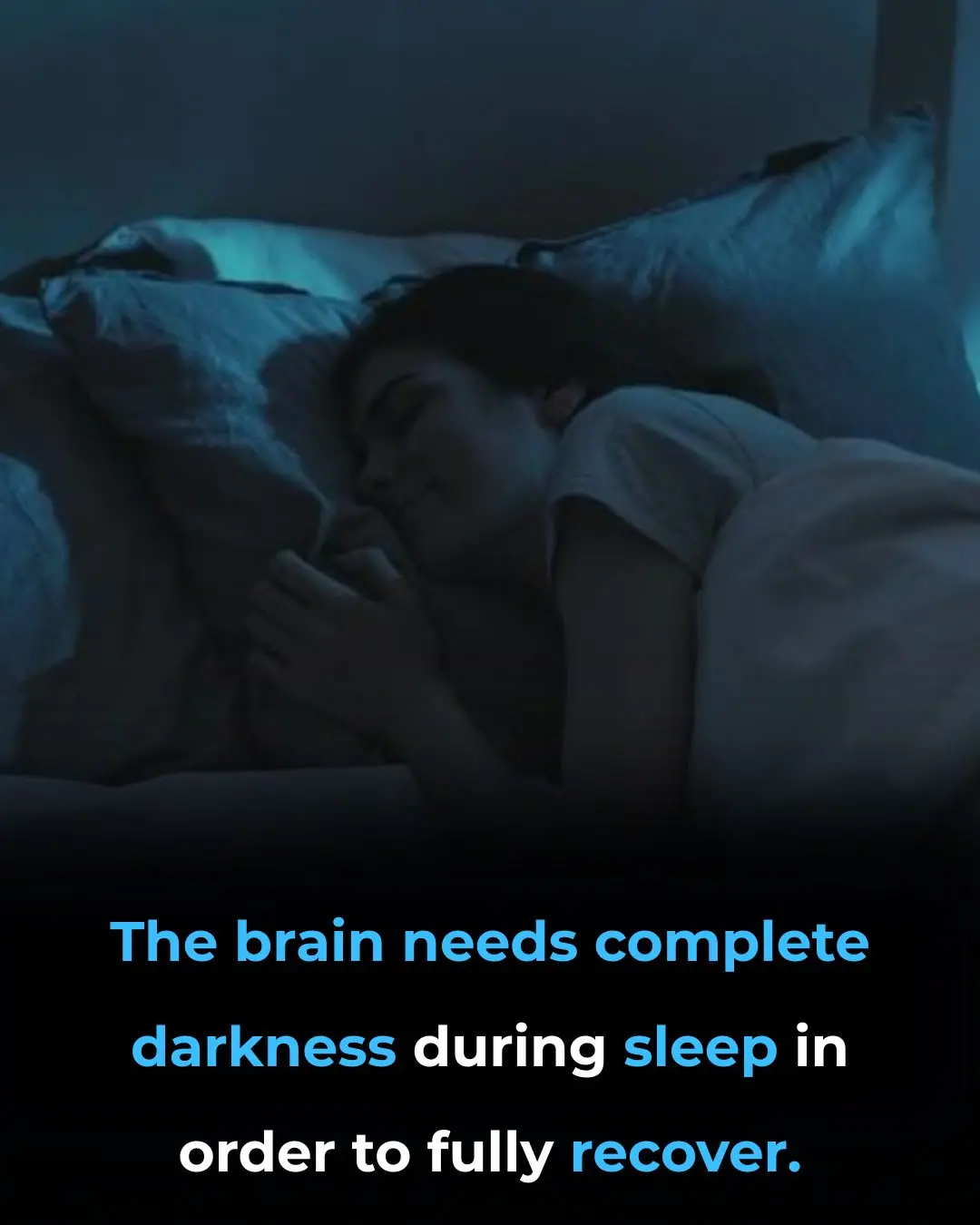
Why Even Small Amounts of Light at Night Can Harm Your Sleep and Mental Health

Apple Extract: A Natural Alternative to Chemotherapy for Treating Colon Cancer
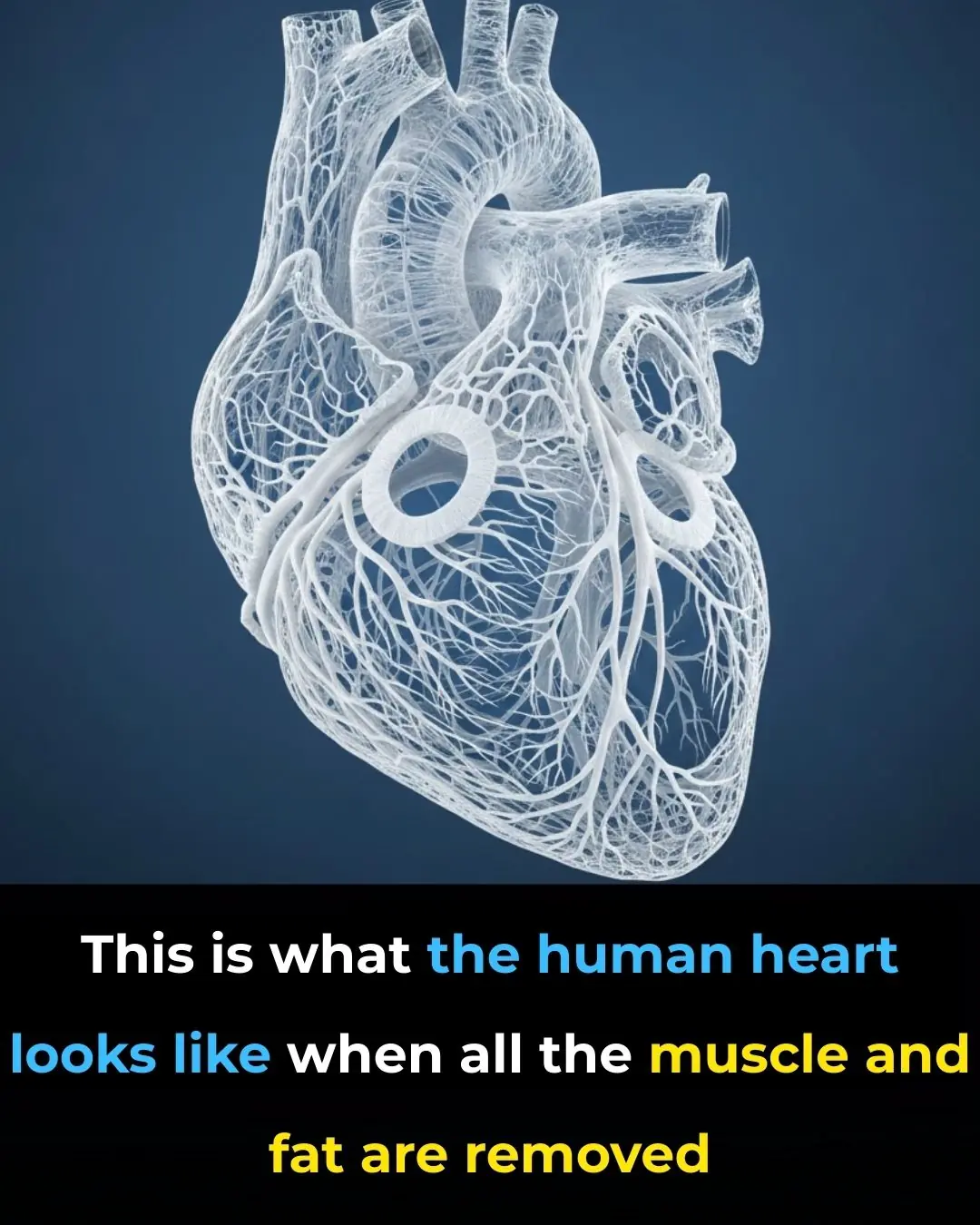
Revealing the Human Heart: A Stunning Look at Its Circulatory System Without Muscle or Fat

Why the Brain Remembers Negative Experiences More Than Positive Ones: Implications for Mental Health and Well-Being

Having the letter M on the Palm of your hand means that
News Post

The Arrival of Mosquitoes in Iceland: A Sign of Shifting Ecosystems and Public Health Risks

PP405: A Promising New Drug That Could Revolutionize Hair Loss Treatment by Reactivating Dormant Hair Follicles

Astronomers Capture Groundbreaking Image of New Solar System Formation

Denmark's 'Rolling Grocer' Initiative Brings Fresh Food and Community Connection to Rural Seniors

Mosquitoes Discovered in Iceland for the First Time: A Warning of Climate Change Effects

Denis Vashurin: The Man Who Appears as a Teenager Despite Being in His 40s

M.K. Prakasan: The Teacher Who Swims 12 km Daily to Educate Students in Kerala

Belgian Prodigy Laurent Simons Earns PhD in Quantum Physics at Just 15 Years Old

Revolutionary Cancer Treatment: Activating Immune Structures Within Tumors to Shrink Cancer and Prevent Relapse

Flaxseeds Gel For Faster Hair Growth

Linking Digestive Health, Vitamin D, and Neurodegenerative Diseases: A Pathway to Cognitive Health

The 400-Year-Old Greenland Shark: A Living Witness to Centuries

The Hidden Dangers of Long-Term Energy Drink Consumption

Frozen Time Capsule: Scientists Reveal Ancient Antarctic Landscape

Snakebite Panic Leads Farmer to Sever Finger, Doctors Confirm No Danger

Why Even Small Amounts of Light at Night Can Harm Your Sleep and Mental Health

Apple Extract: A Natural Alternative to Chemotherapy for Treating Colon Cancer

Revealing the Human Heart: A Stunning Look at Its Circulatory System Without Muscle or Fat
